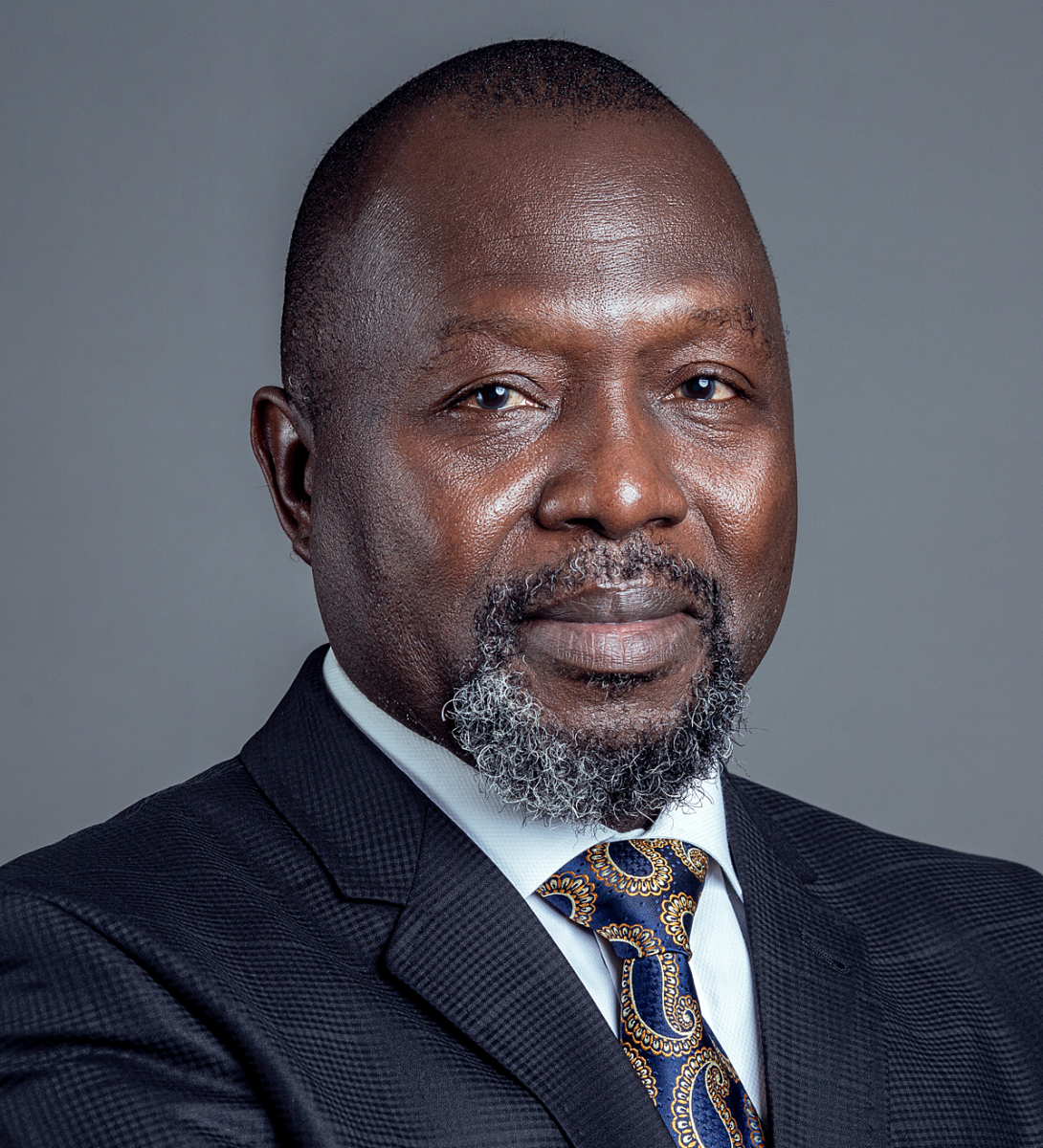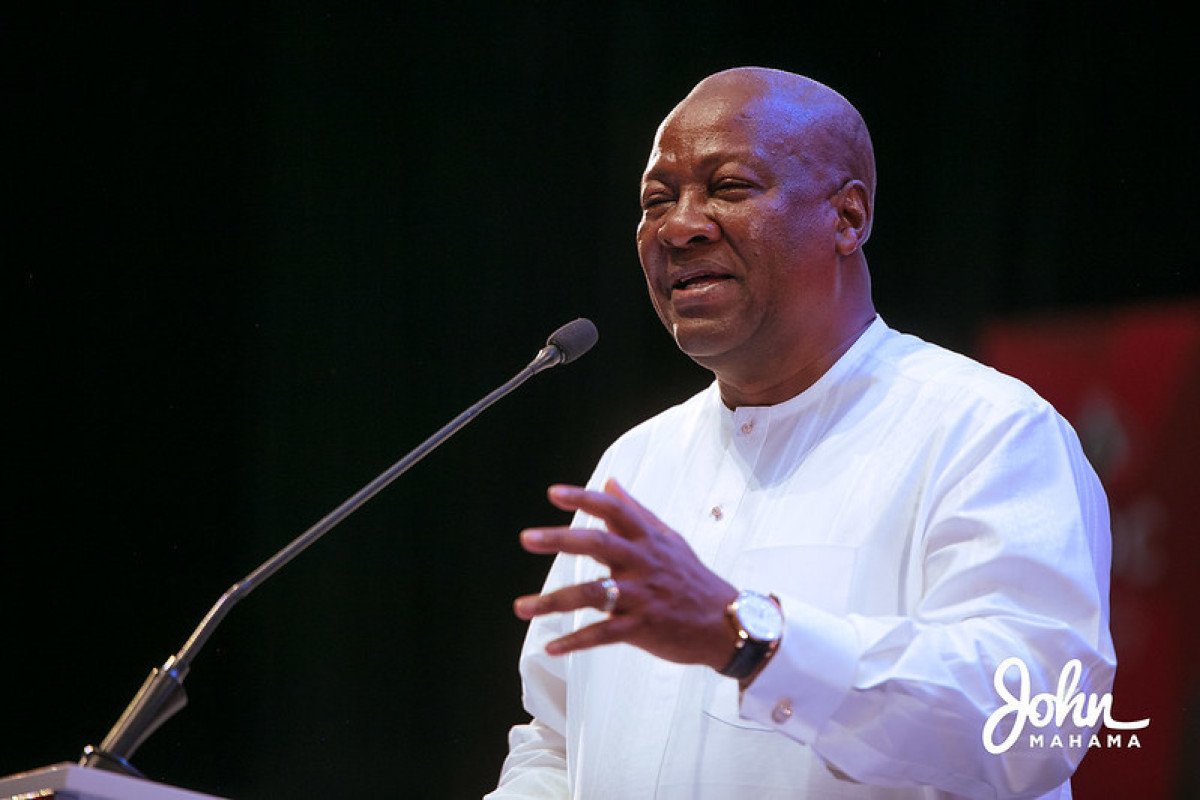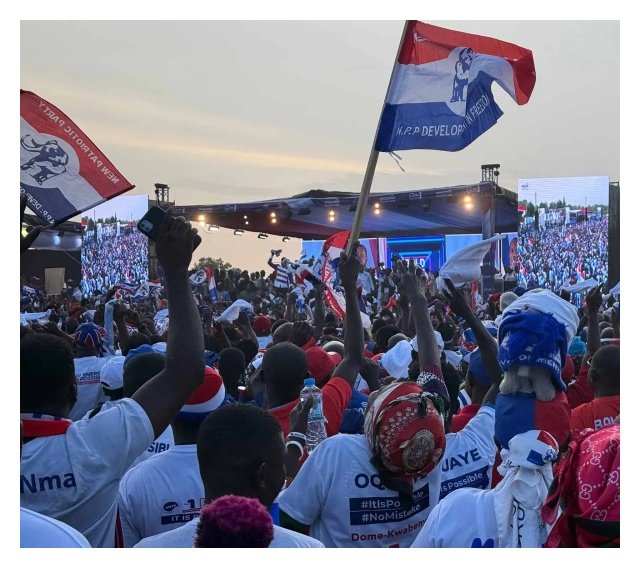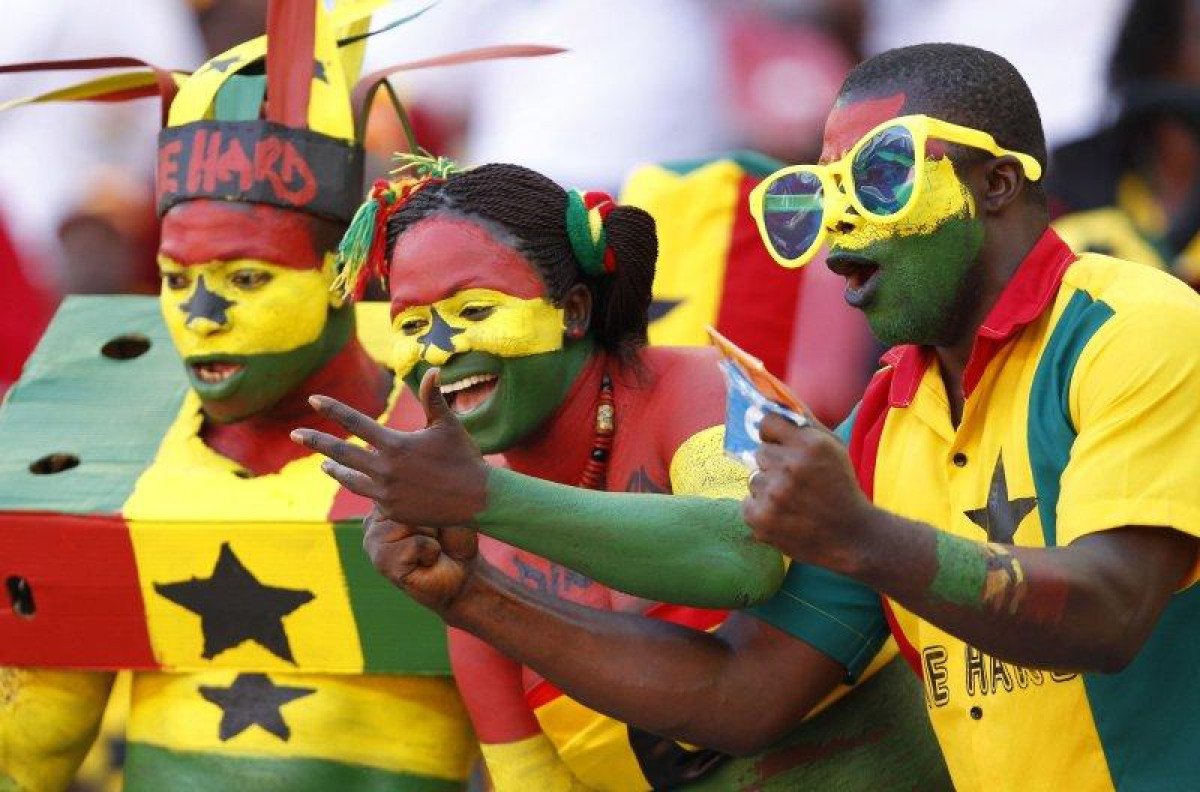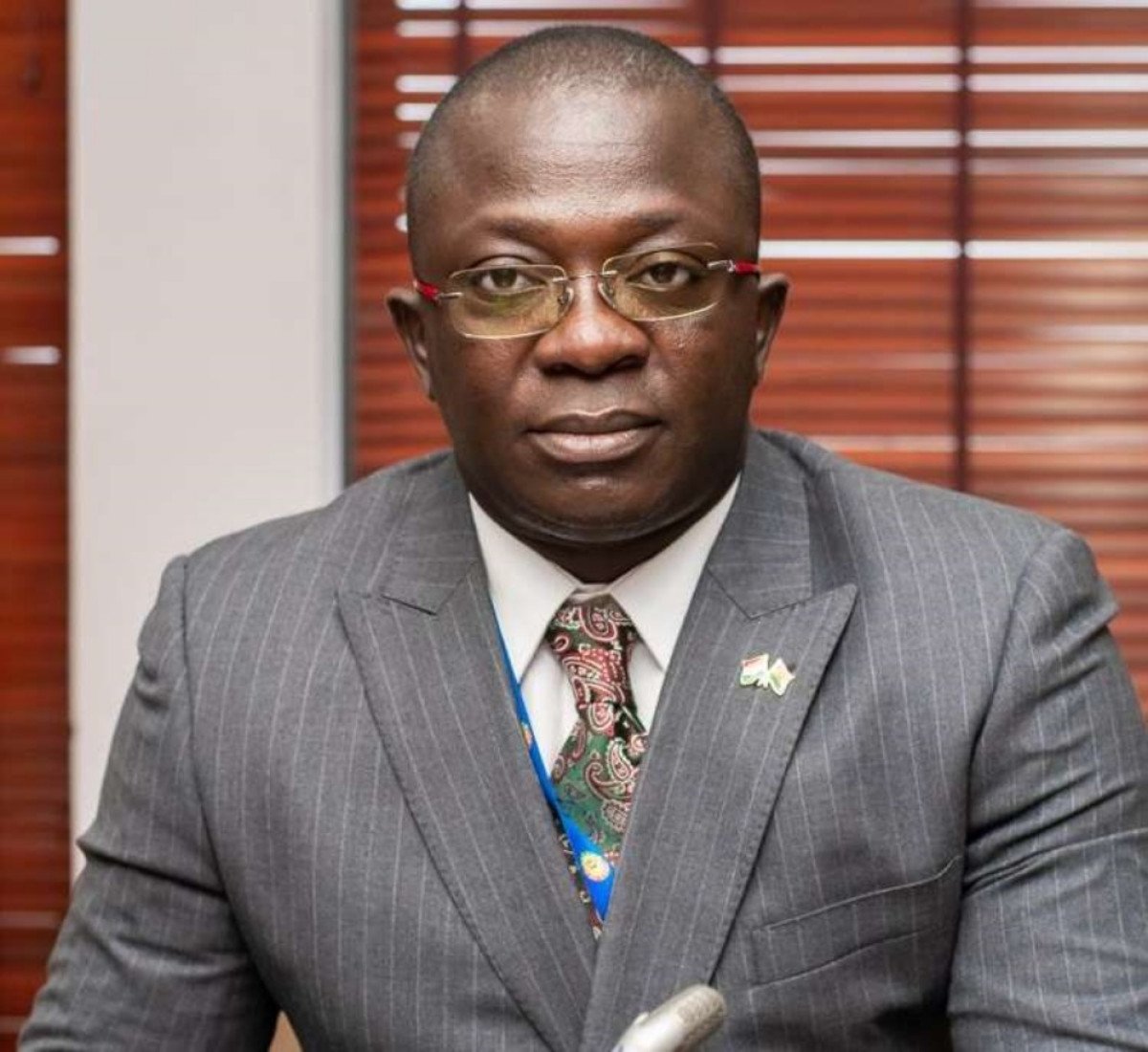Thousands of people gathered on Sunday for the funerals of children and young people killed in a rocket strike in the Israeli-occupied Golan Heights, as world leaders scrambled to contain the attack’s political fallout.
Members of the Druze community wept as they carried caskets through the streets of Majdal Shams, while some yelled in anger at government ministers who attended the funeral, Israeli media reported.
Israel blamed Iran-backed militant group Hezbollah for the strike, which killed 12. Hezbollah strongly denied carrying it out.
On Sunday, global leaders condemned the attack and moved to de-escalate tensions amid fears that the incident could spark a war between Israel and Hezbollah.
In response to Saturday’s strike, the Israel Defense Forces (IDF) hit Hezbollah targets in Lebanese territory overnight, and Hezbollah struck two Israeli military bases on Sunday.
Cross-border fire between the two sides has escalated since Hamas attacked Israel on 7 October, triggering Israel's military campaign in Gaza. Saturday’s attack was the deadliest loss of life in and around Israel's northern border since October.
The strike hit a football pitch in Majdal Shams, one of four towns in the Golan Heights where about 25,000 members of the Arabic-speaking Druze religious and ethnic group live.
Israel’s Foreign Ministry said 10 of the 12 victims were between the ages of 10 and 16, and has not released the ages of the other two victims.
Golan Heights strike: 'There was a siren, but no-one had time to react'
Israeli Prime Minister Benjamin Netanyahu, who vowed that Hezbollah would "pay a heavy price", arrived in Israel on Sunday after cutting short his trip to the US. He planned to hold a meeting with his military chiefs to assess the situation and approve operational plans.
Hezbollah denied it had anything to do with the strike, but had earlier on Saturday claimed responsibility for four other attacks, including one on a military base around 3km (2 miles) away.
At a funeral in Majdal Shams on Sunday, weeping men wearing traditional red-topped white hats carried 10 of the white-covered caskets through packed streets, AFP reported. Women dressed in black abaya robes cried as they laid flowers on the caskets. Some mourners carried large photos of the dead children.
Fadi Mahmud, 48, told AFP that it was the first time Majdal Shams had experienced such a loss during the war.
"Our community is very close-knit. These children are like children of everybody in the village," he was reported as saying.
Anger among the community also boiled over at the funeral, with some directing their rage at Israeli government officials who attended, the Times of Israel reported.
“Now you come here? Ten months you didn’t come!” a man wearing a military uniform was reported as shouting at Housing Minister Nir Barkat and Environmental Protection Minister Idit Silman. His comments were met with applause.
“We’re tired of your promises!” another person reportedly yelled at Finance Minister Bezalel Smotrich.
In a video posted on social media, hecklers surrounded Mr Smotrich, cursing and saying “we don’t want him!”, according to a Times of Israel translation.
Israeli media reported that a leader of the Druze community had reportedly asked in a letter that government ministers not attend the funeral to avoid turning the tragedy into a “political event”.
The Druze are part of an Arabic-speaking ethnic group based in Lebanon, Syria, the Golan Heights and northern Israel. In Israel, they have full citizenship rights and comprise about 1.5% of the population.
But most of those in the Golan have retained an allegiance to Syria. They can still study and work in Israel, though only those with citizenship can vote and serve in the army.
The vast majority of the international community does not recognise Israel's annexation of the Golan Heights from Syria in 1981.
On Sunday, global leaders spoke out against the strike and cautioned against escalation, although they differed on who was responsible.
UK Foreign Secretary David Lammy said in a post on X that the UK “condemns the strike in Golan Heights that has tragically claimed at least 12 lives” and Hezbollah “must cease their attacks”.
“We are deeply concerned about the risk of further escalation and destabilisation,” Secretary Lammy said.
US Secretary of State Antony Blinken said that "every indication is that indeed the rocket was from Hezbollah”, but that the US did not want to see the conflict spreading.
Lebanon’s Foreign Minister Abdallah Bouhabib told the BBC that he did not think Hezbollah, which usually hits military targets, not civilians, carried out the attack, but added “it could be a mistake by the Israelis or by Hezbollah – I don’t know”.
The Lebanese government condemned the violence and called in a statement for a ceasefire on all fronts.



